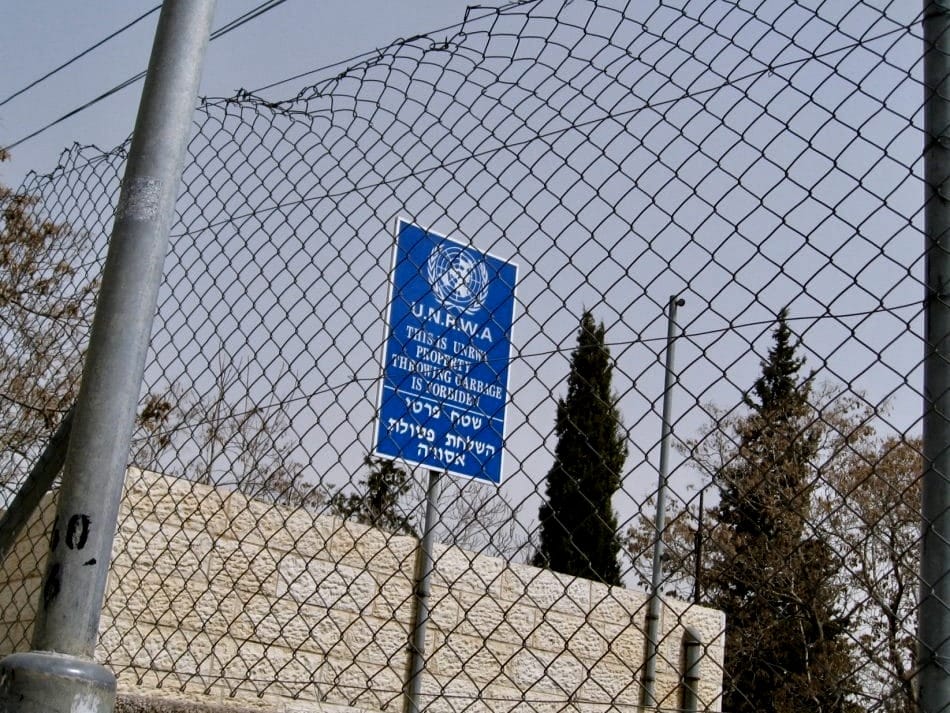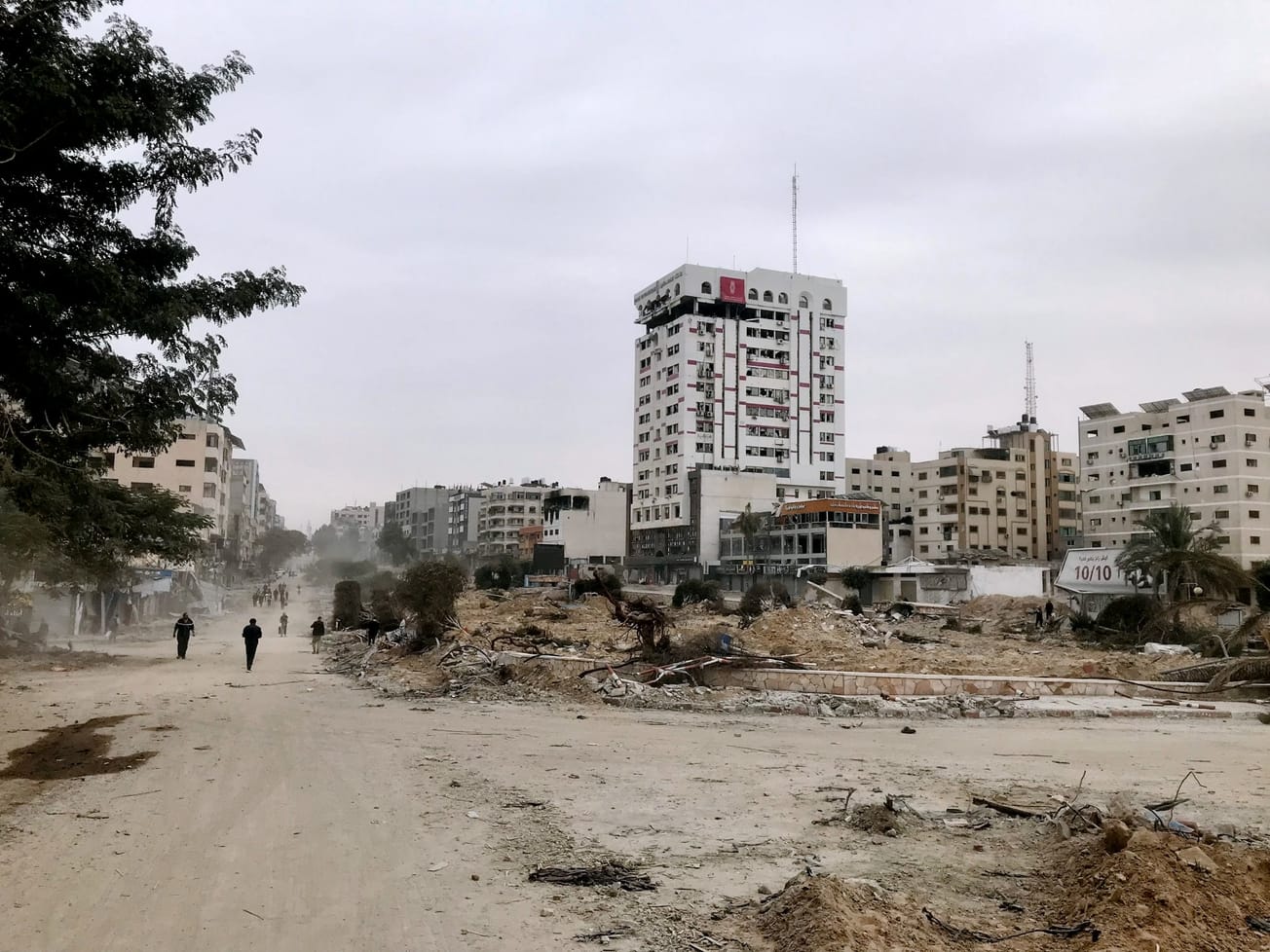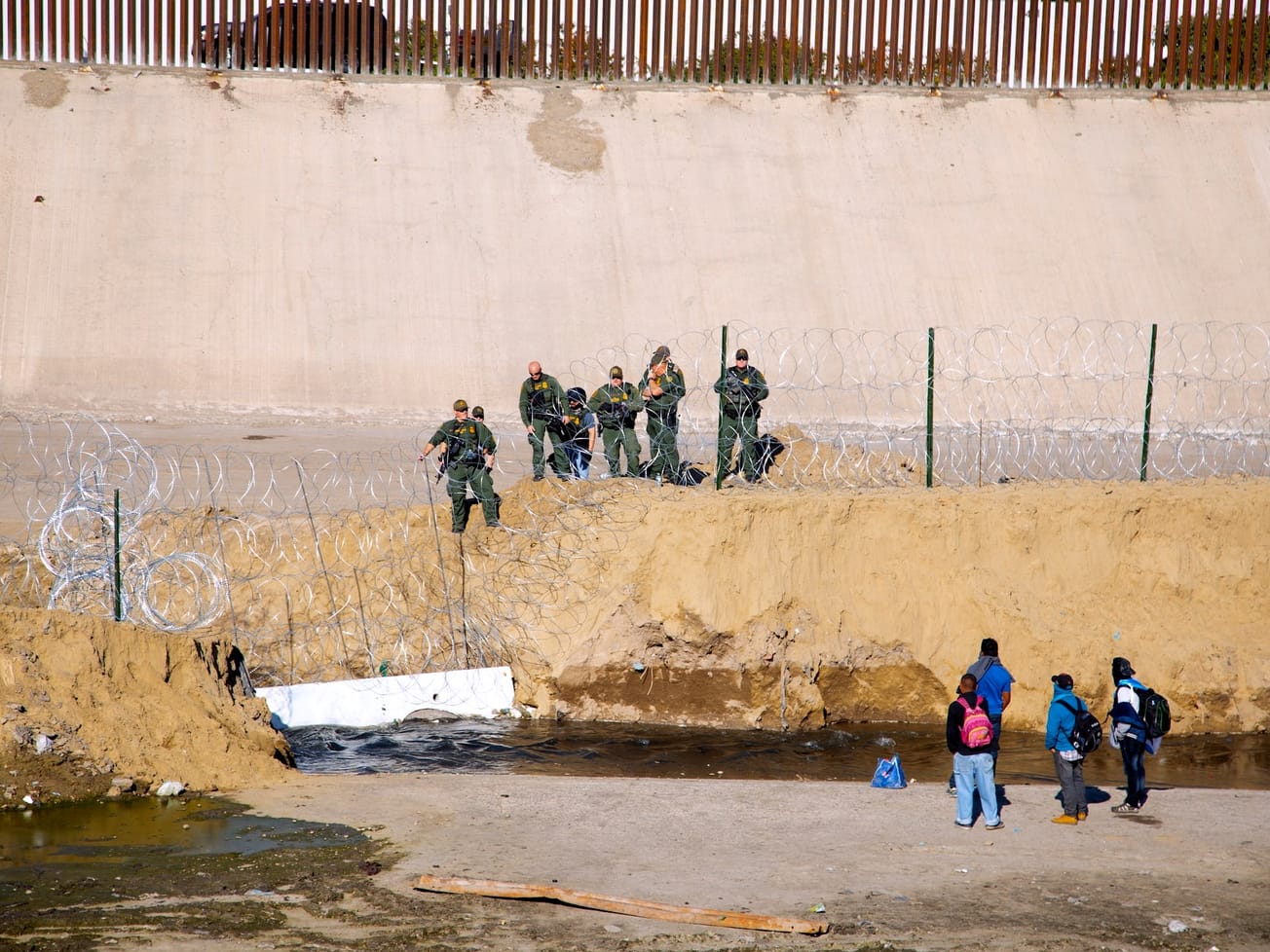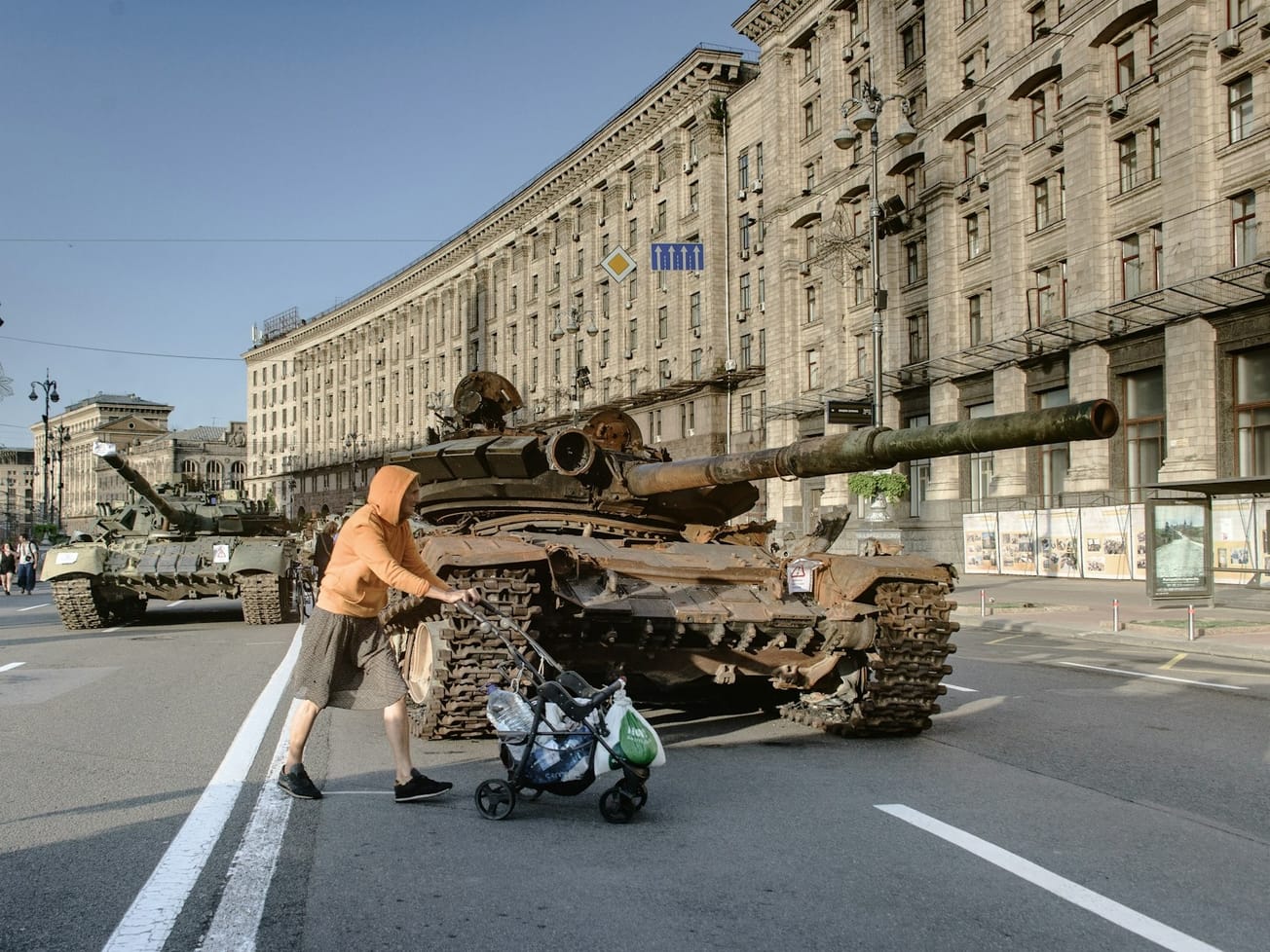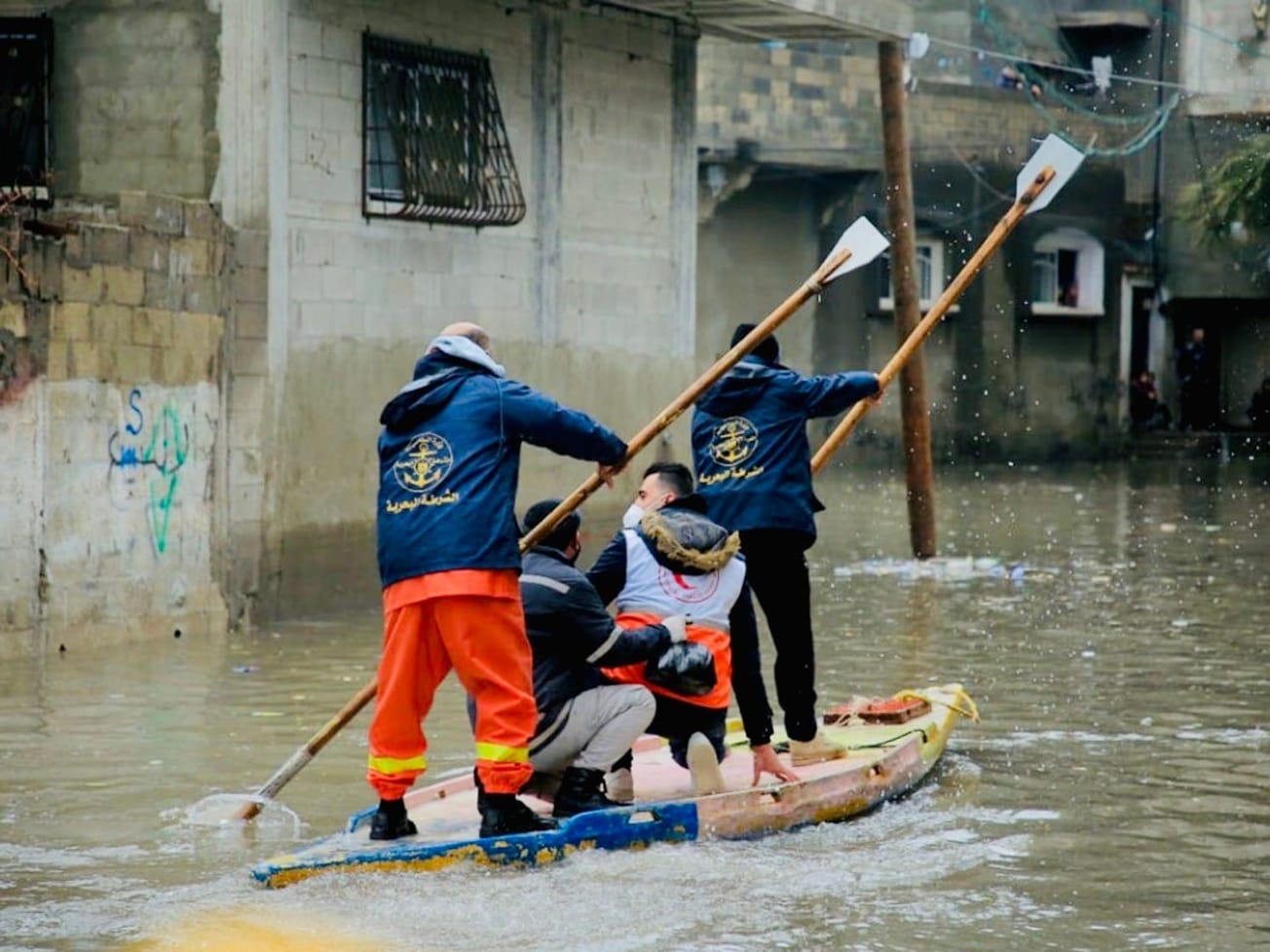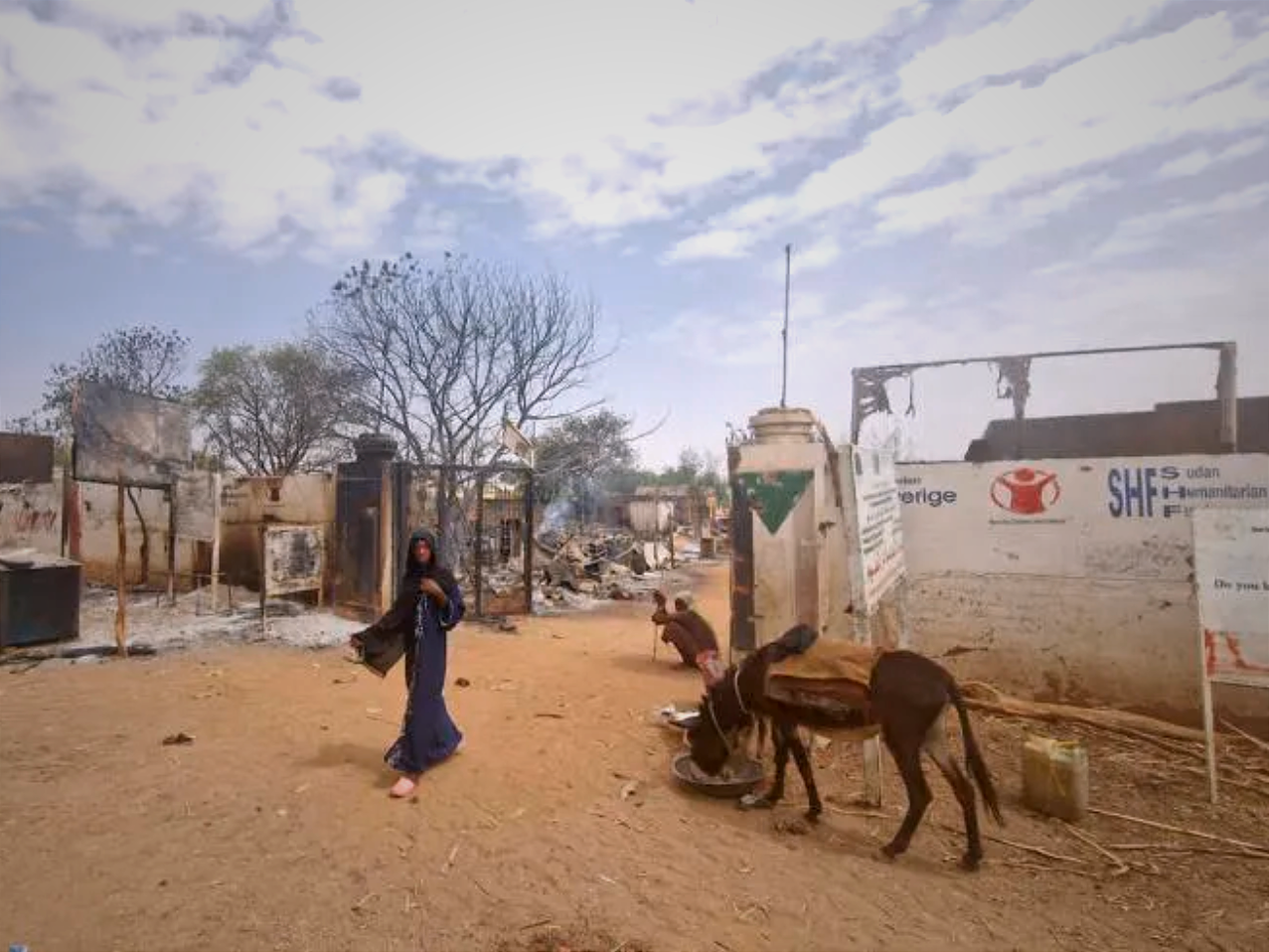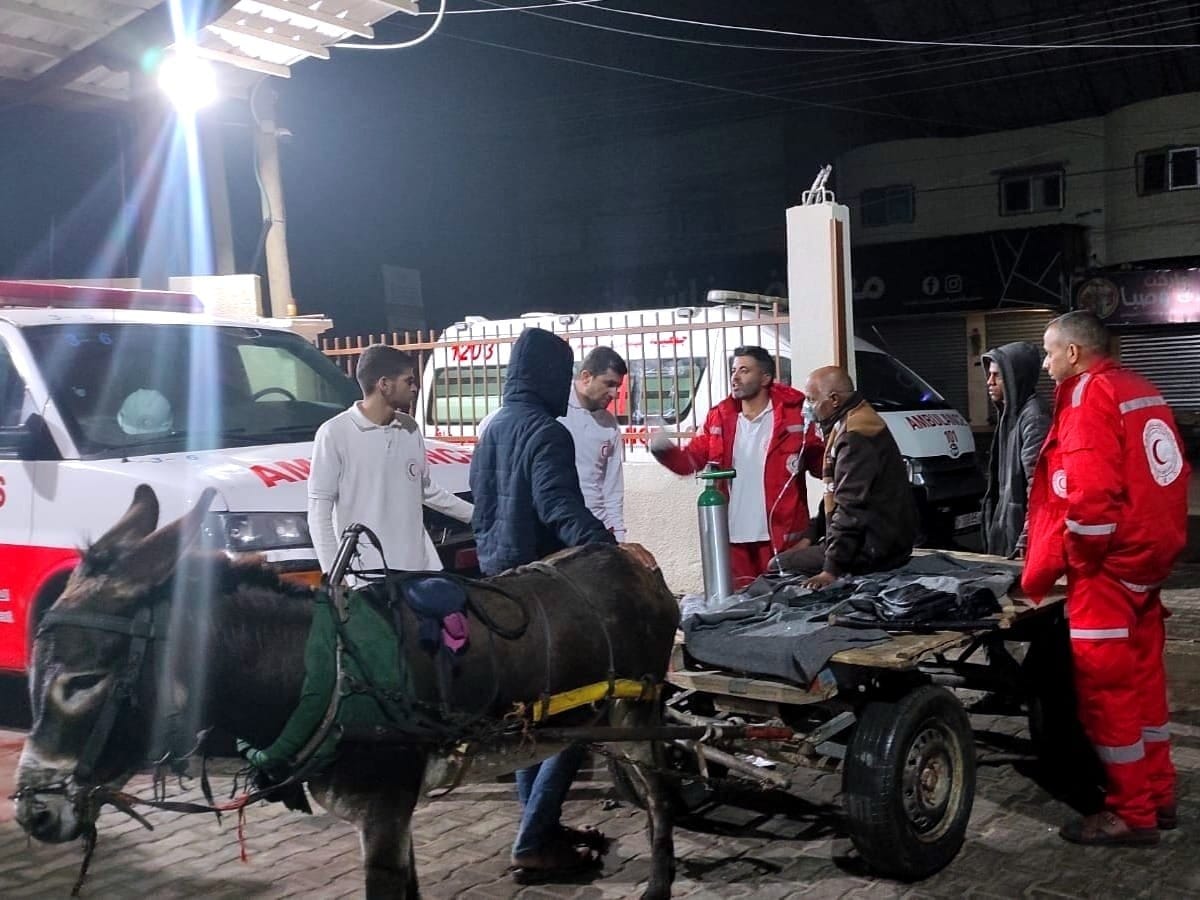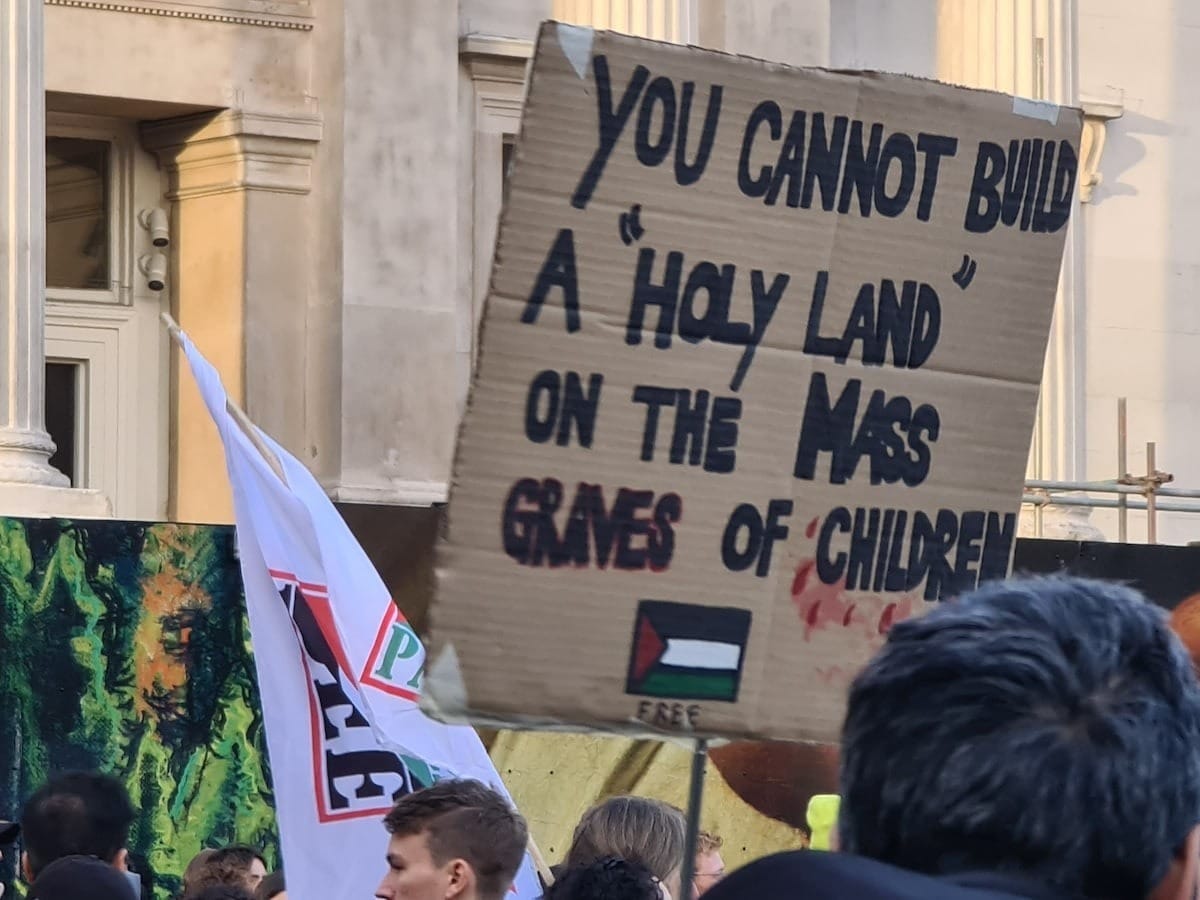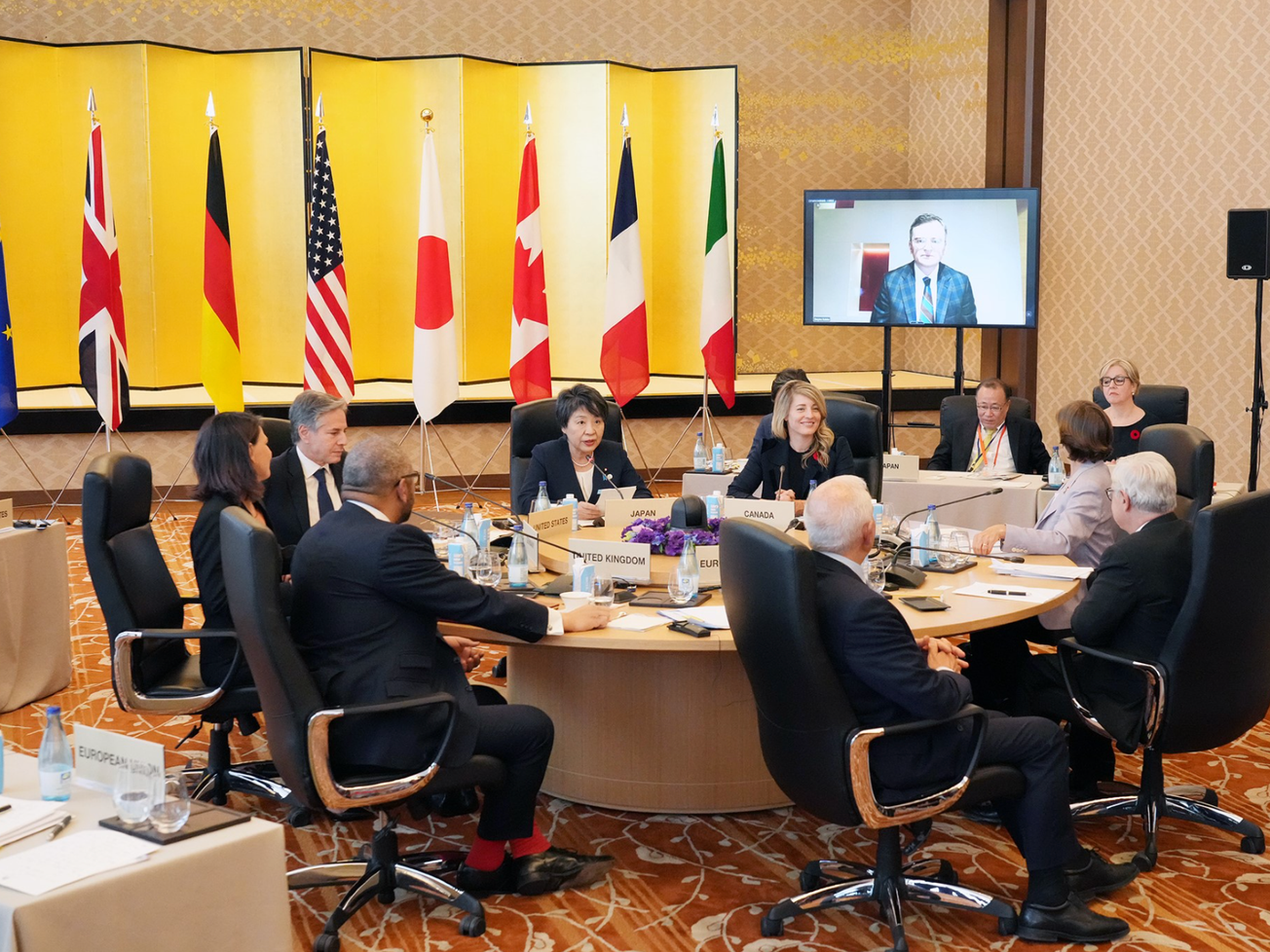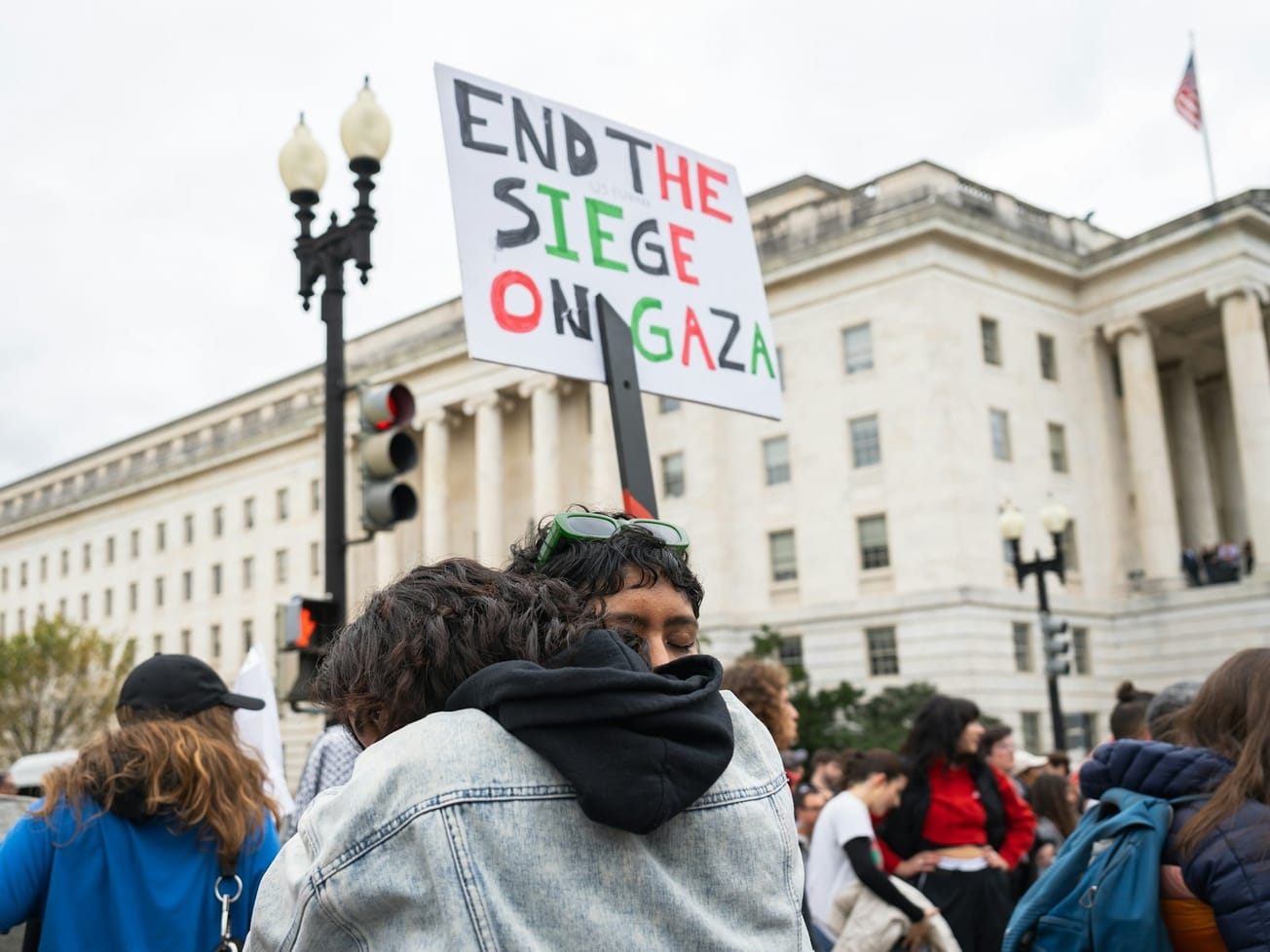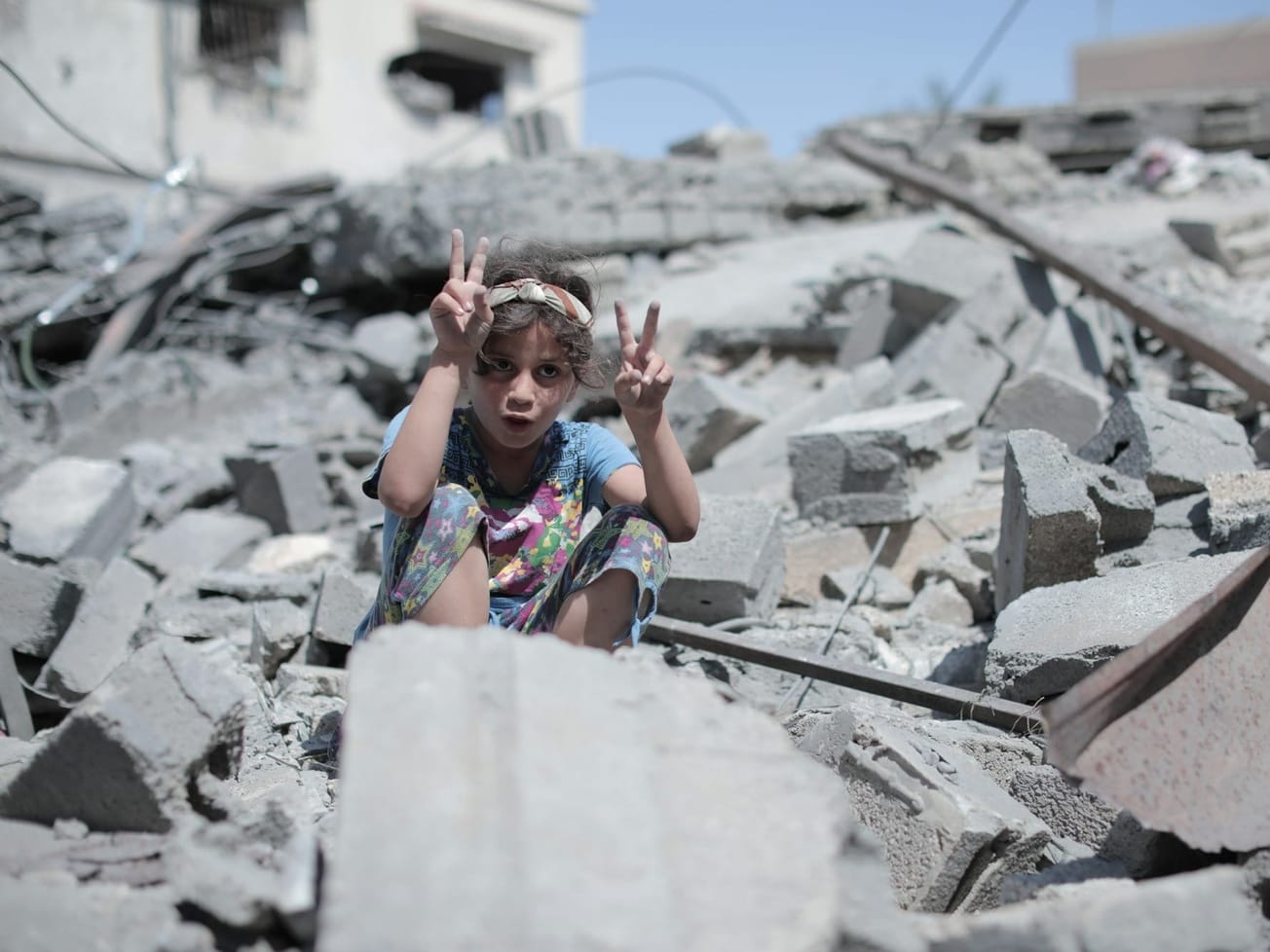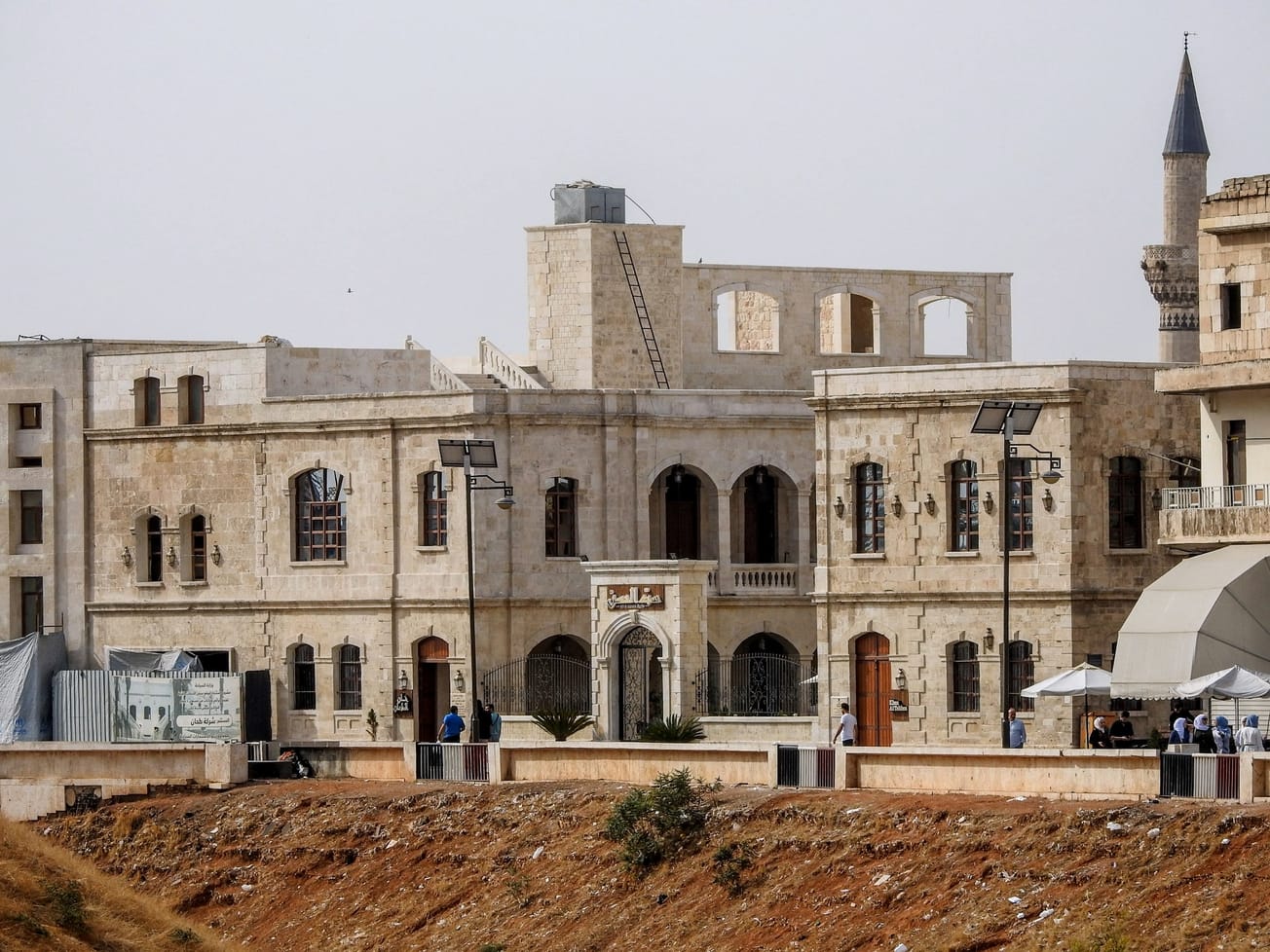
U.N. Syrian appeal set at more than $4B for humanitarian crisis
Some 16.7 million people need humanitarian aid in Syria, up from 15.3 million a year ago, as its devastating war drags on.
Already have an account? Log in
Some 16.7 million people need humanitarian aid in Syria, up from 15.3 million a year ago, as its devastating war drags on.
Escalating violence prompts U.N. condemnation as lawless gangs terrorize and displace thousands and impede aid.
Humanitarian groups demanded a probe into an 'apparent mass killing' at an aid drop where Israel blamed a stampede.
The aid plan is meant to fund the work of 163 organizations inside Sudan and 83 others in refugee-hosting countries.
Nine staff were immediately identified and terminated. Two were still being identified; one was confirmed dead.
Justices at The Hague granted South Africa's request for provisional measures against the Israeli military in Gaza.
Conflict, climate, environmental degradation and uneven development are major factors in the $7.9B appeal.
Donors provided $2.65 billion, or 67% of last year's U.N. appeal for $3.9 billion to help people inside Ukraine.
International aid groups face a daunting task struggling to deliver food, treat the injured and fight disease in Gaza.
The U.N.'s global humanitarian appeal for itself and 1,900 partners in 2024 already assumes 40% in unmet needs.
Gaza's aid reached a breaking point as Israel fought to destroy Hamas and groups warned Palestinians face starvation.
For the first time since becoming leader of the world body, António Guterres invoked Article 99 of the U.N. Charter.
The United Nations and agencies rushed to provide humanitarian aid as Israel and Hamas began a four-day truce.
Medical facilities are running out of supplies and fuel, which Israel hasn't allowed into Gaza for a month now.
Hundreds of people were allowed to enter Egypt from Gaza, which one U.N. official called a 'graveyard' for children.
Humanitarian agencies were forced to scale back as fuel and other items were depleted and diplomats were at an impasse.



